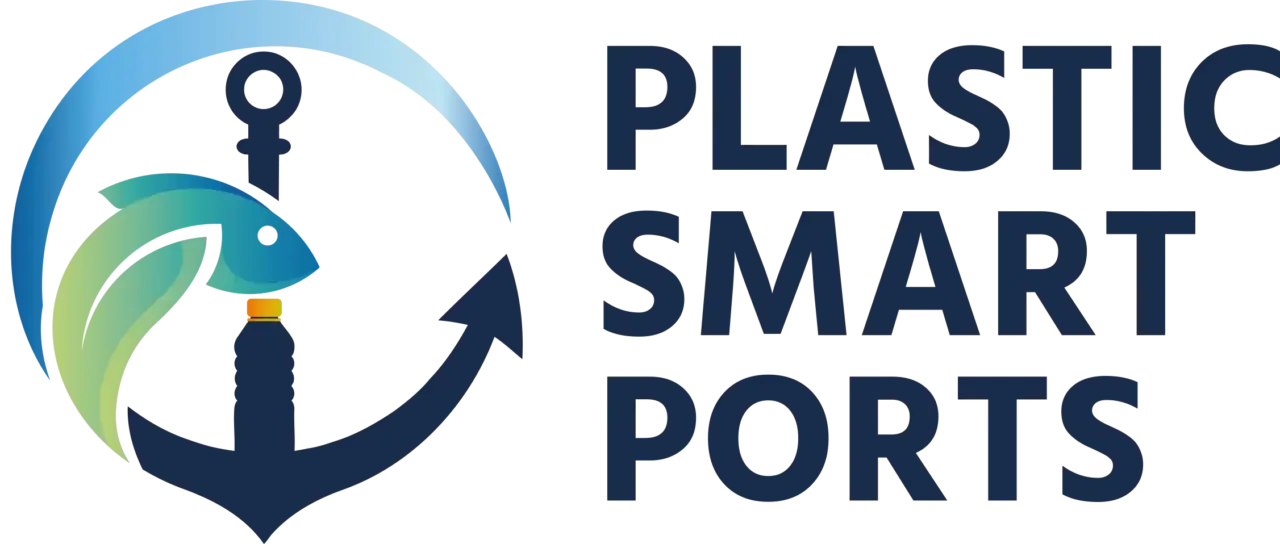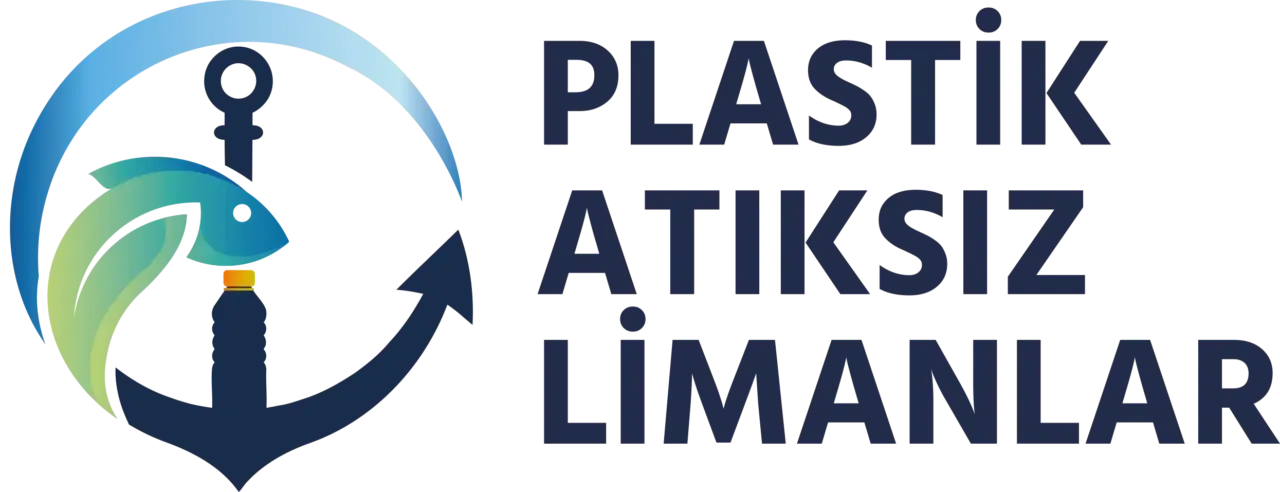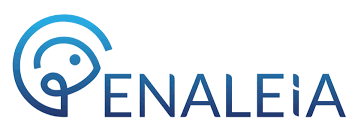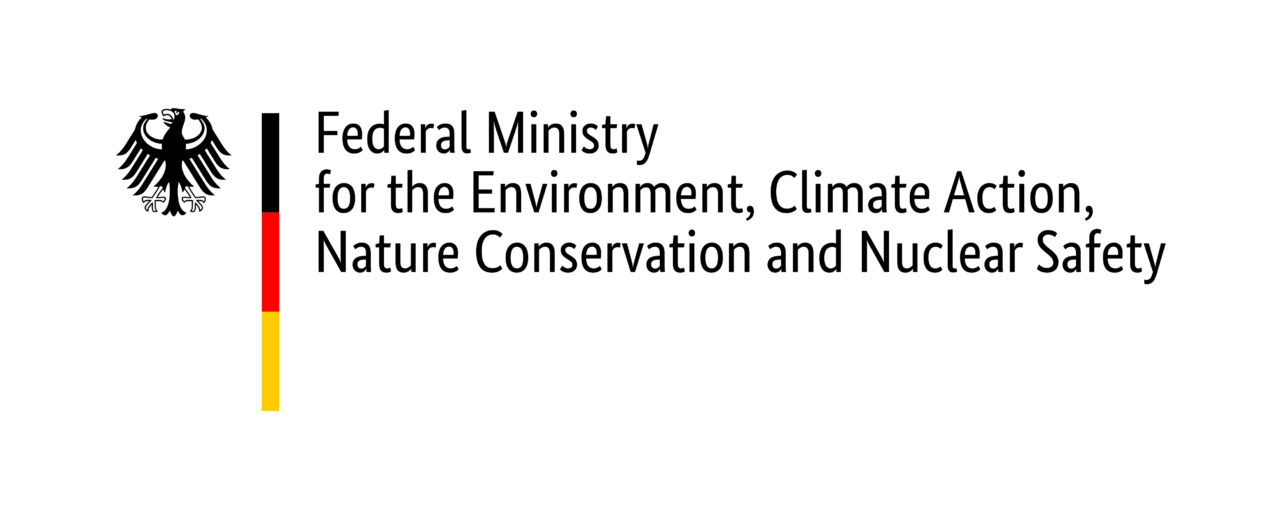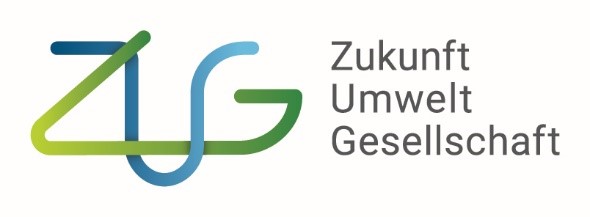Tourism and fisheries as partners to reduce plastic leakage
Two key businesses contribute significantly to plastic use in the coastal areas, yet are also suffering from marine litter impacts: tourism and fisheries. The Plastic Smart Ports team has chosen four pilot harbours in favoured tourist destination countries, two in Tunisia and two in Türkiye, for the reduction of single-use plastics, the introduction of waste separation systems, and the increase of the recycling rates for plastic waste and end-of-life fishing gear.
Together with restaurants, bistros and hotels, reuse systems and compostable food and beverage containers as alternatives to single-use plastics are introduced in the pilot harbours. Drinking water refill stations are provided to reduce the number of PET bottles, omnipresent in the marine environment. Styrofoam fragments are also a common sight in the Mediterranean seawater and sediments. With the artisanal fishers, long-lasting hardplastic boxes will be tried for fish transport and storage to replace styrofoam boxes. Fishing gear, responsible for entanglement, a severe health hazard for both marine wildlife and sea users when lost at sea, will be collected for improved waste management and, where possible, recycling. The recovery of lost fishing gear, “ghost gear”, will also be trialed together with local diving and fishing teams. Trainings for both the gastronomy and the fishing sector personnel are offered to facilitate the adoption of reuse systems and establish waste separation for recycling.
Developing pilot Plastic Smart Ports
Four harbours, two in each of the pilot countries Tunisia and Türkiye, will serve as pilot sites for the Plastic-Smart Ports concept. Three of these harbours are tourist destinations also hosting artisanal fisheries, while one of the harbours in Tunisia focuses exclusively on small-scale fisheries.
With the aim to develop a concept for Plastic-Smart Ports in the Mediterranean, the two core work packages addressing plastic litter from tourism (WP2) and fisheries (WP3) are framed by impact monitoring (WP1) and communication and awareness raising measures (WP4). The experiences gained in the four pilot ports will be summarised with implementation recommendations for the wider Mediterranean region (WP5).
Work Package 1: Develop an efficient plastic waste management scheme
Work Package 2: Pilot reuse systems, recycling and alternative materials to replace single-use plastics from gastronomy and hotels in pilot ports
Work Package 3: Pilot tracking, collection, management, recycling, and replacement of fishing gear and fishboxes
Work Package 4: Communication & dissemination
Work Package 5: Sustainability and replicability
